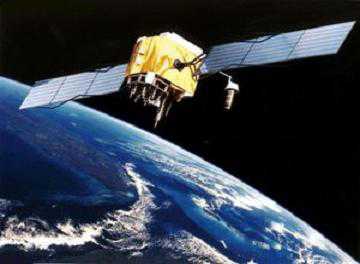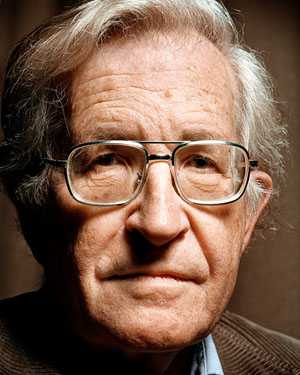Israel’s politicians and military have a new headache to worry about. High resolution photos of the country’s territory, which are currently unavailable to the public, may soon turn up in the hands of any of its many enemies.
Until now, only the Americans had the technology capable of taking satellite images greater than two meters per pixel resolution, and American law stopped US companies from distributing the pictures. Washington shares Israel’s security concerns and abides by the wishes of its key Middle East ally.
This means even with Google Earth one can zoom into Israel only so far, explains Gerald Steinberg, professor of political science at Bar-Ilan University. “If you try to look at specific parts of Israel, many of them will come out blurrier than any other place in the world that I have checked,” he told RT.
But that is about to change. Turkey is putting the finishing touches to a military satellite it plans to launch within the next two years. The Gokturk satellite will be capable of taking the very pictures Tel Aviv does not want distributed, and there are no American-style legal qualms in Turkey about upsetting its photo-sensitive neighbor.
“Turkey could sell directly or indirectly some of these imageries to enemies of Israel,” explains Mohammed Najib, defense analyst at Jane’s Defense Weekly.
Such a prospect is especially unnerving for Israelis now, because tensions between Tel Aviv and Ankara are at an all-time low. An aid flotilla attempt on Gaza two years ago that left nine Turks dead, and Ankara’s expulsion of the Israeli ambassador, has Tel Aviv nervously weighing its options.
The irony is that not so long ago the Gokturk satellite would have spelt good news for Israel. The two countries co-operated extensively, especially sharing military intelligence. But whereas once turkey was Israel’s closest ally in the Muslim world, today Ankara is increasingly asserting itself as a powerful player in its own right.
“Turkey is trying to say that Israel will not be granted special service or relations that it used to have. They are saying that the eastern Mediterranean is not the playing ground of Israel, there are different countries, everyone should abide by the same laws,” says Dr Nimrod Goren, Middle East politics expert, who focuses on Turkish-Israeli relations.
One satellite is barely enough to put Israel’s picture-shy world in a spin. But this is not a country that wants its neighbors knowing its business, especially with an Arab world in flux, and Israel fast losing former friends.

via Turkey’s spy sat to zoom in on Israeli secrets — RT.





